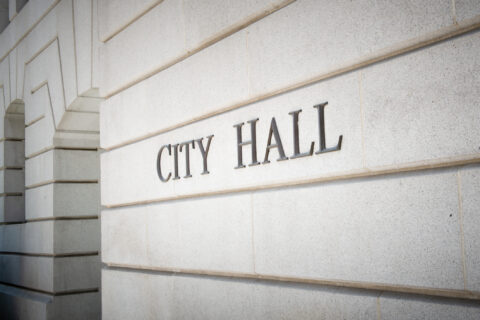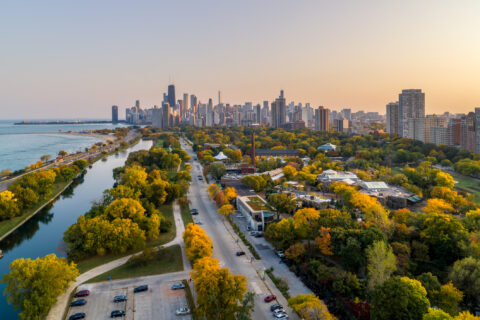Since the first fateful matchup between the Green Bay Packers and the Kansas City Chiefs in 1967, the Super Bowl has solidified its standing as a major hallmark of American culture. Every February, the National Football League’s two top teams compete for the league championship title. Perhaps more significantly, the Super Bowl draws hundreds of thousands of visitors to its host city and hundreds of millions of TV viewers in tow. The city chosen to host the big game feels the ripple effects of tourism and economic impact, as well as community togetherness and civic pride.
Tourism and Economic Impacts
The combination of special events held the week before the game, new job creation from increased staffing and personnel needs and the influx of tourists seeking lodging, food and transportation have massive economic effects on the city’s ecosystem — often extending to neighboring cities and the state as whole.
New Orleans, LA is set to host this year. New Orleans previously hosted the Super Bowl in 2013, where the city saw an economic impact of $500 million, and New Orleans & Company President and CEO Walt Leger said he expects this year to surpass that, with hotels booked up throughout the region. Further, tourism officials estimate around 100,000 – 200,000 visitors will travel to the city for the week-long celebration leading up to the game at the Superdome — about twice as many as the city would see on an average week. The events will include a Mardi Gras-style Super Bowl parade through the French Quarter on Saturday morning, among countless concerts, parties and other extravagant outings on the city’s crowded social calendar.
Last year’s Las Vegas Super Bowl resulted in $1 billion worth of spending in the city, as the week leading up to the game offered 300 events, ranging from official NFL-sponsored endeavors to local watch parties. The festivities culminated with an open-to-the-public media day where up to 24,000 fans watched their favorite players from the two teams answer questions. Additionally, the Super Bowl afforded the City of Las Vegas a platform to showcase itself as more than just an entertainment hub. Initiatives spearheaded by organizations such as the Las Vegas Global Economic Alliance (LVGEA) leveraged the events surrounding the Super Bowl as platforms to attract novel businesses and resources within city limits.
Glendale, AZ (a suburb of capital city Phoenix) hosted Super Bowl LVII in 2023 and slightly outpaced Vegas’ boom, reporting a record-breaking $1.3 billion economic impact on Arizona overall. According to the Arizona Super Bowl Host Committee, it was the largest economic impact of any special event ever held in Arizona, as well as the highest for any Super Bowl for which publicly released figures are available. The tourism aspect of Super Bowl LVIII was also unparalleled, with the Monday after the game being the busiest day in Phoenix Sky Harbor Airport’s history — as more than 200,000 passengers whisked through its terminals.
Civic Pride and Community Togetherness
Despite longstanding team rivalries, hosting a major sporting event can bolster civic pride and community togetherness, as residents and travelers unite to cheer on their players and participate in the general fun and excitement surrounding such a momentous event. This leads to an increased sense of social capital, which the OECD defines as the “links, shared values and understandings in society that enable individuals and groups to trust each other and work together.”
While being a fan of the same club or team may not provide as high levels of social capital as actually playing in a team, it nevertheless enables a commonality as a topic of conversation — and a reason to start one — between people who are otherwise strangers. Sports teams more broadly can provide a tangible focus for building community consciousness and social bonding. Largescale events like the Super Bowl are a significant part of the collective experience of residents, fans and travelers since it inevitably ties them together regardless of their respective backgrounds. Sports teams and sports-related events are some of the few genuine vehicles available for developing a sense of community within a city or town.
No matter who you root for this year or what celebrations you choose to partake in, remember that the resilient and collective power of cities is what continues to make this enduring American sports tradition possible.
City Inclusive Entrepreneurship Network (CIE)
NLC’s City Inclusive Entrepreneurship Network (CIE) asks city leaders to commit to creating the right policies, programs and practices that drive inclusive, entrepreneurship-led economic growth in their community.










